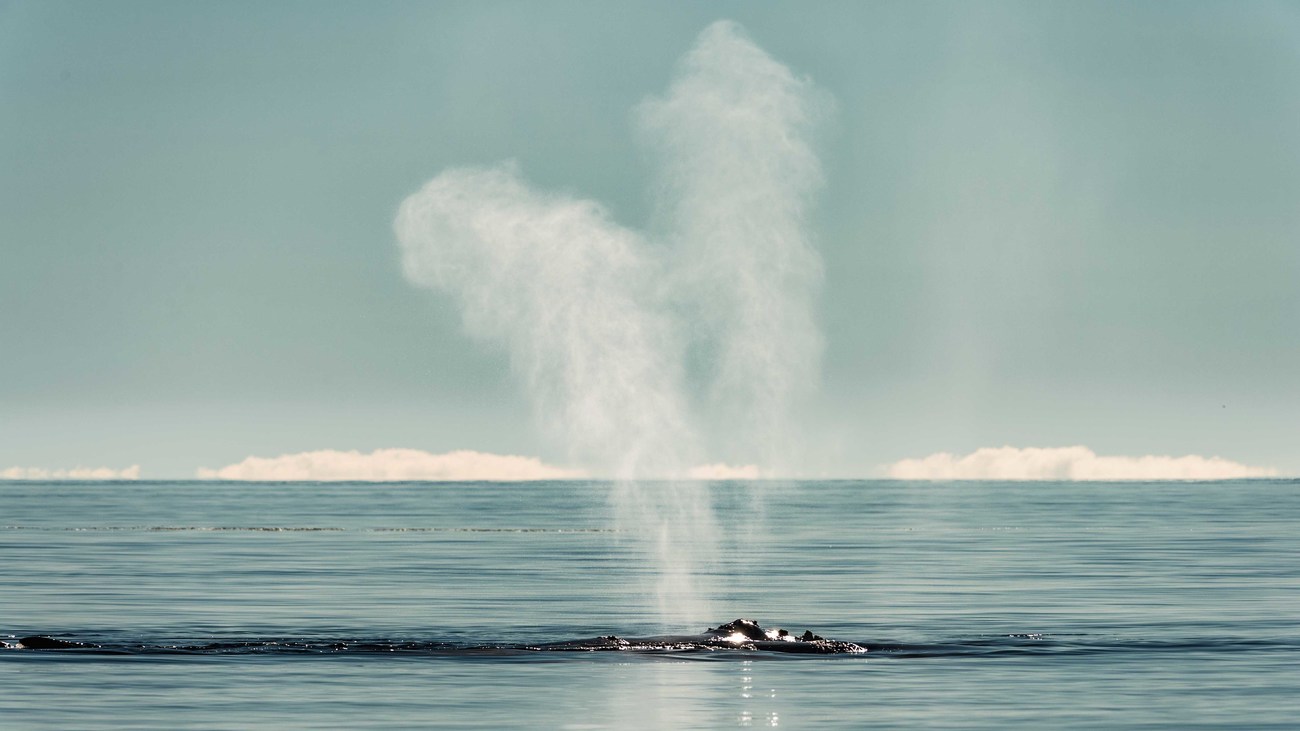Press releases
WhaleAlert: the app to help to protect whales
Read morefirst North Atlantic right whale calf sighting of 2022 season

(Washington, D.C. – November 15, 2021) – This past Wednesday, the first North Atlantic right whale calf of the 2022 calving season was spotted alongside its mother off the coast of Charleston, South Carolina. The sighting is especially important as it comes after recently released data showed an alarming eight percent population decline for this critically endangered species over last year alone.
Danielle Kessler, US Director of the International Fund for Animal Welfare (IFAW), issued the following statement:
“After learning of the devastating new population estimate for right whales, we are excited about the first documented mother and calf sighting of this calving season. With an estimated 336 North Atlantic right whales left in the ocean today, the survival of every individual matters. Calving season runs through mid-April, with a migratory route running right along North America’s eastern coastline—one of our ocean’s most industrialized areas—where commercial fishing gear and vessel strikes pose lethal threats on what remains of this struggling population. As more calves are born, we are calling on boaters, mariners and the public to watch out for whales and allow them safe passage along the coast. People can help directly by downloading the WhaleAlert app to report sightings and access the latest information about whales and speed zones in the area. This sighting really brings to light the urgency needed to address the threats to these precious animals. The future of this calf and the species depends on it.”
In addition to encouraging the use of WhaleAlert to reduce vessel strike risk, IFAW is advocating for policies to help save this species from extinction and working directly with fishermen and mariners to advance pragmatic solutions like ropeless fishing gear and improved awareness on the water to reduce threats to right whales.
Our work can’t get done without you. Please give what you can to help animals thrive.
Unfortunately, the browser you use is outdated and does not allow you to display the site correctly. Please install any of the modern browsers, for example:
Google Chrome Firefox Safari